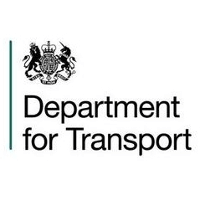The Department for Transport (DfT) has sent out a letter to operators explaining how a possible no-deal Brexit could affect those in the coach and bus industry.
The letter outlined that for occasional services, including coach holidays, tours and day trips, the UK government has made arrangements so that the UK will be part of the Interbus Agreement as a independent member from 1 April, and prior to that is continuing to work on putting in place a solution for provisions covering 30 March and 31 March.
These provisions will ensure that operators will still be able to run occasion services to any EU member state.
Documentation for this however, will be different, requiring a certified true copy of the operator’s licence to be carried on board the vehicle, and subsequently presented to examining officers.
Each journey will also require a copy of the Interbus waybill to be kept on board the vehicle, which can be obtained from the Confederation of Passenger Transport (CPT).
In relation to regular services, the EU has passed a law meaning that UK operators will be able to continue operating, regular, scheduled services to EU member states until 31 December 2019, or until the Interbus Agreement is extended to cover these services.
This law will allow operators to continue to use the authorisation held for international regular service without changes.
However, no new authorisations will be permitted, so renewal for regular services must be completed before 29 March 2019.
The extension of the Interbus Agreement however, will enable new authorisations.
The interbus Agreement and new EU law will not provide for cabotage more widely.
The EU law will not allow access to non-EU countries, which excludes transit through the EU, meaning regular services will not be able to run.
This also means access to markets such as Switzerland are also not allowed.
In terms of work permits, the letter outlined that most of the member states require a visa and a work permit, even if it is less than 90 days.
Accompanying this, drivers may require an International Driving Permit (IDP) and a Motor Insurance Green Card, if they intend to continue driving in the EU, in the event of a no-deal.
You can read more Bus News here: cbwmagazine.com/category/news/buses


